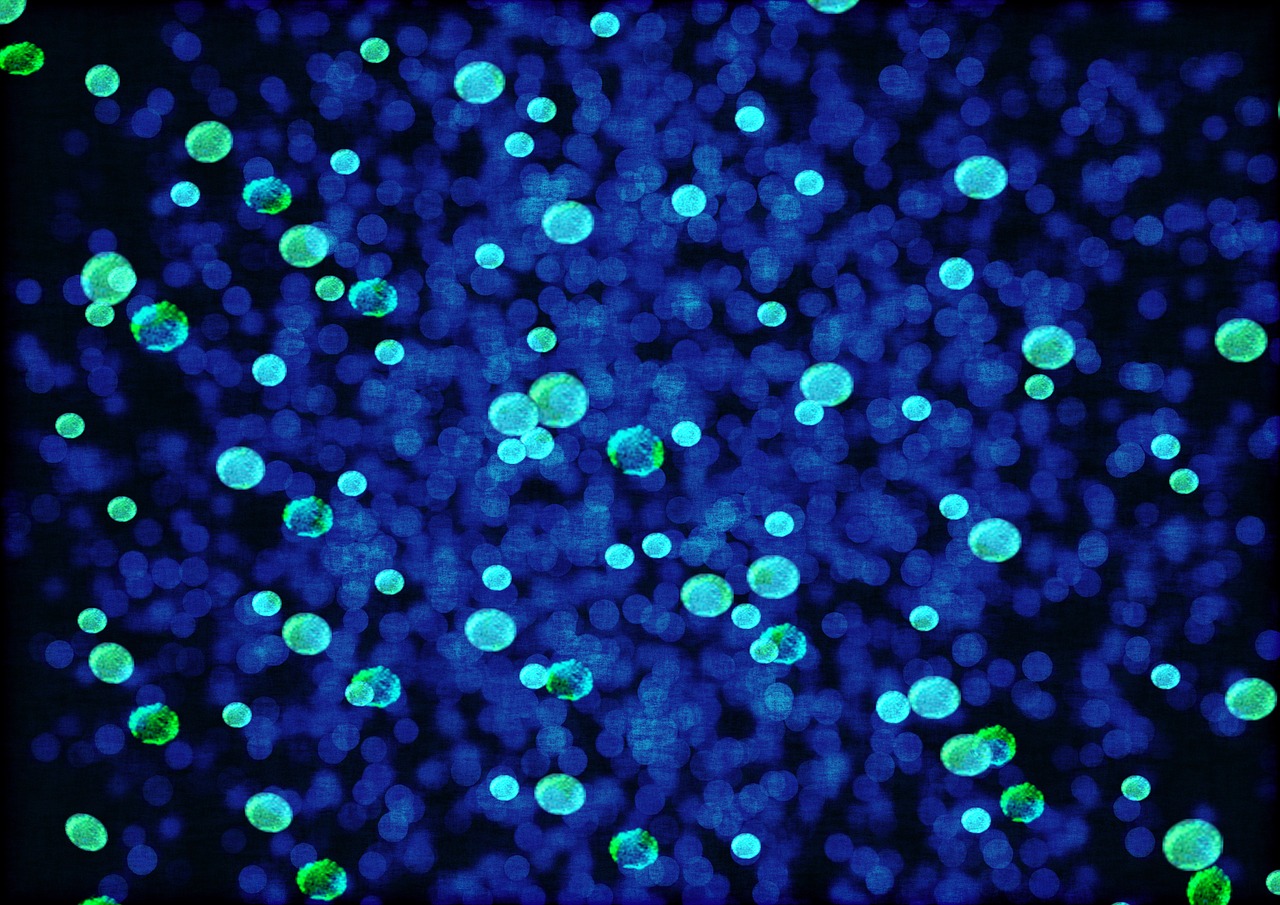The microbiome, the collection of microorganisms that live in and on our bodies, plays a critical role in human health and the health of the planet. In recent years, researchers have discovered the important role that the microbiome plays in maintaining the balance of ecosystems, improving soil fertility, and reducing greenhouse gas emissions. In this article, we will explore the latest research on the microbiome and its potential for a sustainable future.
Table of Contents
ToggleWhat is the Microbiome?
The microbiome is the collective term for the billions of bacteria, viruses, fungi, and other microorganisms that inhabit our bodies and the environment. The microbiome is essential for human health, as it helps to regulate our immune systems, digestion, and metabolism. The microbiome also plays a critical role in the functioning of ecosystems, as it helps to decompose organic matter and recycle nutrients.
The Importance of the Microbiome for Human Health
Research has shown that the microbiome plays a crucial role in human health, and imbalances in the microbiome have been linked to a range of health problems, including obesity, autoimmune diseases, and mental health disorders. Maintaining a healthy microbiome requires a balanced diet, regular exercise, and a healthy lifestyle. Additionally, research has shown that the use of antibiotics and other medications can disrupt the microbiome, leading to imbalances and health problems.

The Role of the Microbiome in Sustainable Agriculture
The microbiome plays an important role in sustainable agriculture, as it helps to improve soil fertility, reduce greenhouse gas emissions, and increase crop yields. By promoting the growth of beneficial bacteria in the soil, farmers can improve soil health, reduce the need for synthetic fertilizers and pesticides, and improve the resilience of crops to environmental stressors such as drought and disease.
The Future of the Microbiome in Sustainable Energy
In addition to its role in sustainable agriculture, the microbiome has potential applications in the production of sustainable energy. Researchers are exploring the use of microorganisms to produce biofuels, such as ethanol and biodiesel, from organic waste materials. Additionally, the microbiome has potential for reducing greenhouse gas emissions by breaking down organic matter and reducing the release of methane and other harmful gases into the atmosphere.
Conclusion
In conclusion, the microbiome is a critical component of human health and the health of the planet. As research continues to uncover the important role that the microbiome plays in maintaining the balance of ecosystems and reducing greenhouse gas emissions, it is clear that the microbiome will play an increasingly important role in creating a sustainable future. By promoting the growth of beneficial bacteria and exploring the potential applications of the microbiome in sustainable agriculture and energy production, we can work towards a more sustainable future for all.
FAQs
- What is the microbiome? The microbiome is the collection of microorganisms that live in and on our bodies and the environment.
- How does the microbiome impact human health? The microbiome plays a critical role in regulating the immune system, digestion, and metabolism, and imbalances in the microbiome have been linked to a range of health problems.
- What role does the microbiome play in sustainable agriculture? The microbiome helps to improve soil fertility, reduce greenhouse gas emissions, and increase crop yields.
- Can the microbiome be used to produce sustainable energy? Yes, researchers are exploring the use of microorganisms to produce biofuels from organic waste materials, and the microbiome has potential for reducing greenhouse gas emissions.








1 thought on “Microbiome for a Sustainable Future: A Comprehensive Guide”
Pingback: How Gut Microbiome Can Help Save the Planet? An Analysis